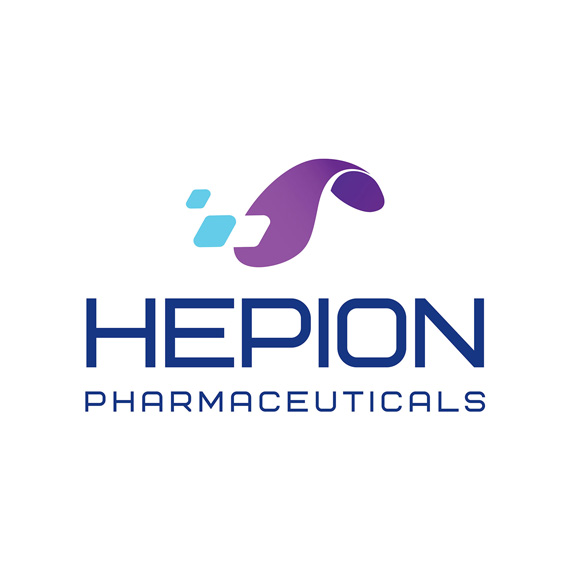
Hepion Pharmaceuticals (NASDAQ:HEPA) reported that rencofilstat demonstrated anti-cancer activity across 86% of cancer types in a high-throughput screen on 850 cancer cell lines.
At the Broad Institute of MIT and Harvard’s PRISM lab, rencofilstat was administered at eight concentrations to each cancer cell line in culture for five days. Anti-cancer responsiveness – defined as 50% or greater reduction in cell viability – occurred in 220 of the 850 (26%) cancer cell lines, and in 24 of the 28 (86%) cancer types.
Some of the rencofilstat-sensitive cell lines were hepatocellular carcinoma (HCC) cells, an indication for which Hepion plans to study in clinical trials.
In addition, decreased cancer cell viability occurred at drug concentrations similar to those used in Hepion’s non-alcoholic steatohepatitis (NASH) clinical trials, suggesting the standard regimen of once-daily oral dosing of rencofilstat may be efficacious for those with responsive cancer types.
“The results from this high-throughput screen provide valuable insights into how rencofilstat directly arrests cancer cells and adds to the discoveries being made from our in-house research,” Dr. Daren Ure, Hepion’s CSO, said in a statement. “These direct effects on cancer cell lines may be an important part of rencofilstat’s anti-cancer activity.”
The company’s ongoing research aims to further define the characteristics of liver, and other types of cancer that make them susceptible to rencofilstat, which will help identify who may benefit most from treatment.
“We have already observed that rencofilstat fights cancer through other indirect mechanisms, and in particular by changing the tissue environment in which the tumor grows. Directly targeting cancer cells while simultaneously modulating their microenvironment provides additional weapons for attacking cancer,” Dr. Ure added.






